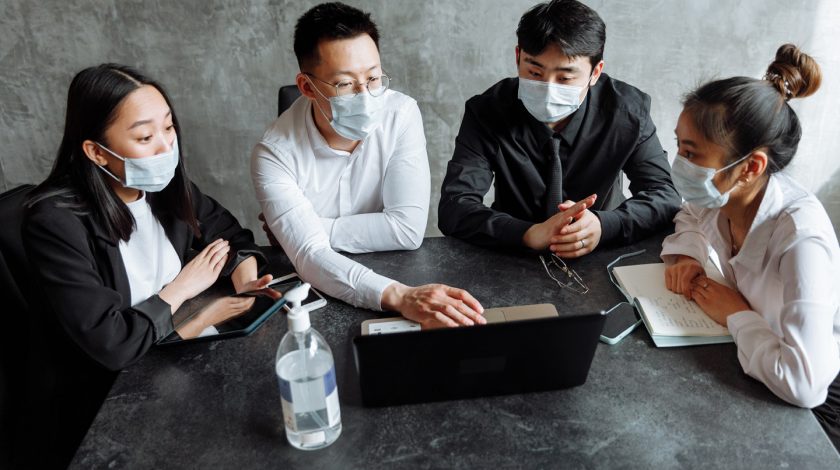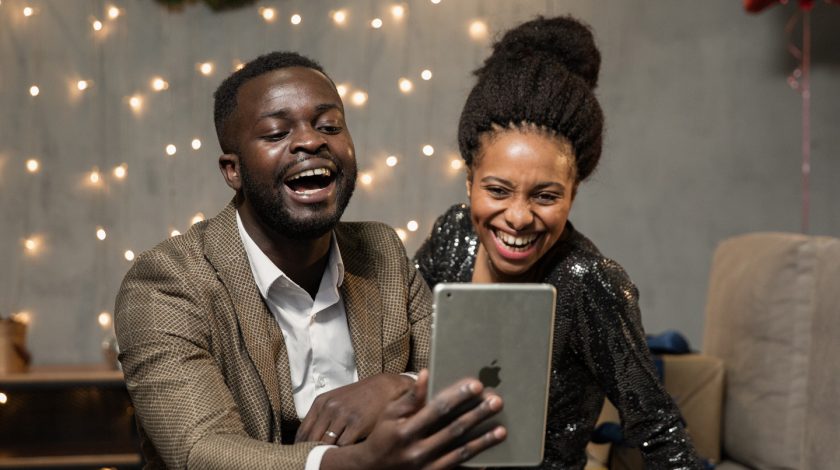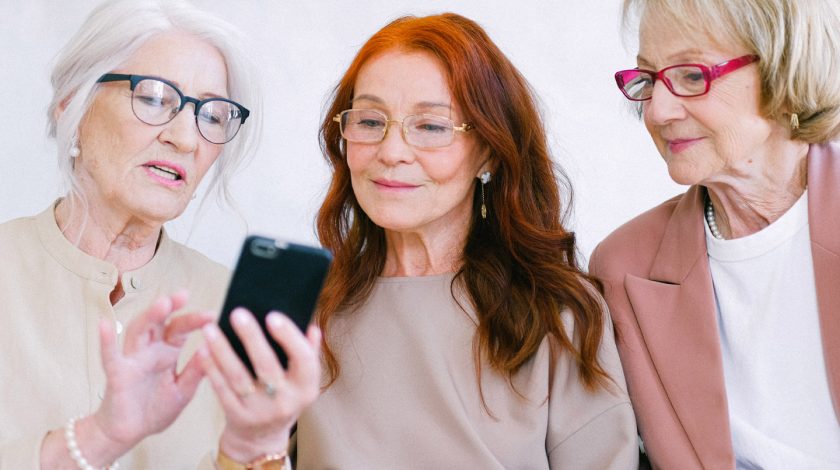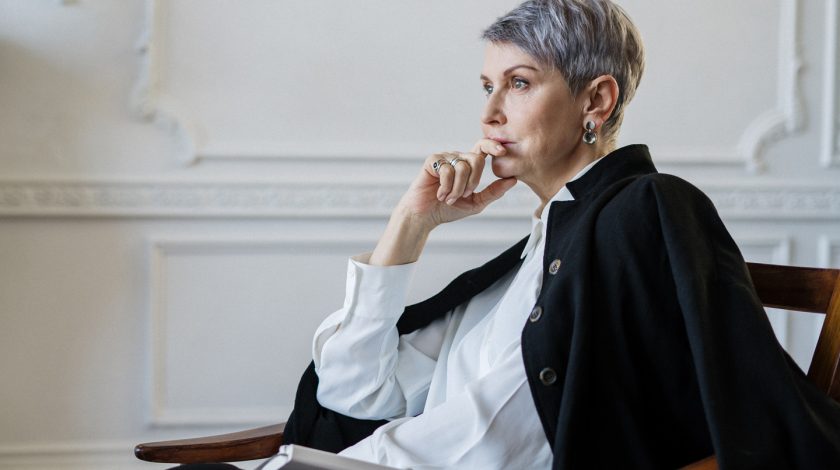Manage Your Storm Shift
Does your behavior in conflict change sharply when you get upset? Does your normally collaborative demeanor turn suddenly aggressive when you are surprised or angered? Or, when conflict heats up, does your assertiveness quickly fade, replaced by avoidance or accommodation? What is a Storm Shift? Such patterns may reflect a strong Storm Shift in conflict, a marked change in behavior as stress rises. Stress, anger, or fear trigger a shift in brain functioning, away from rational “upper brain” management, towards control by the instinct-guided “lower brain”. This can bring drastic changes in response to conflict. A Storm Shift is not necessarily bad; it can inRead More →










